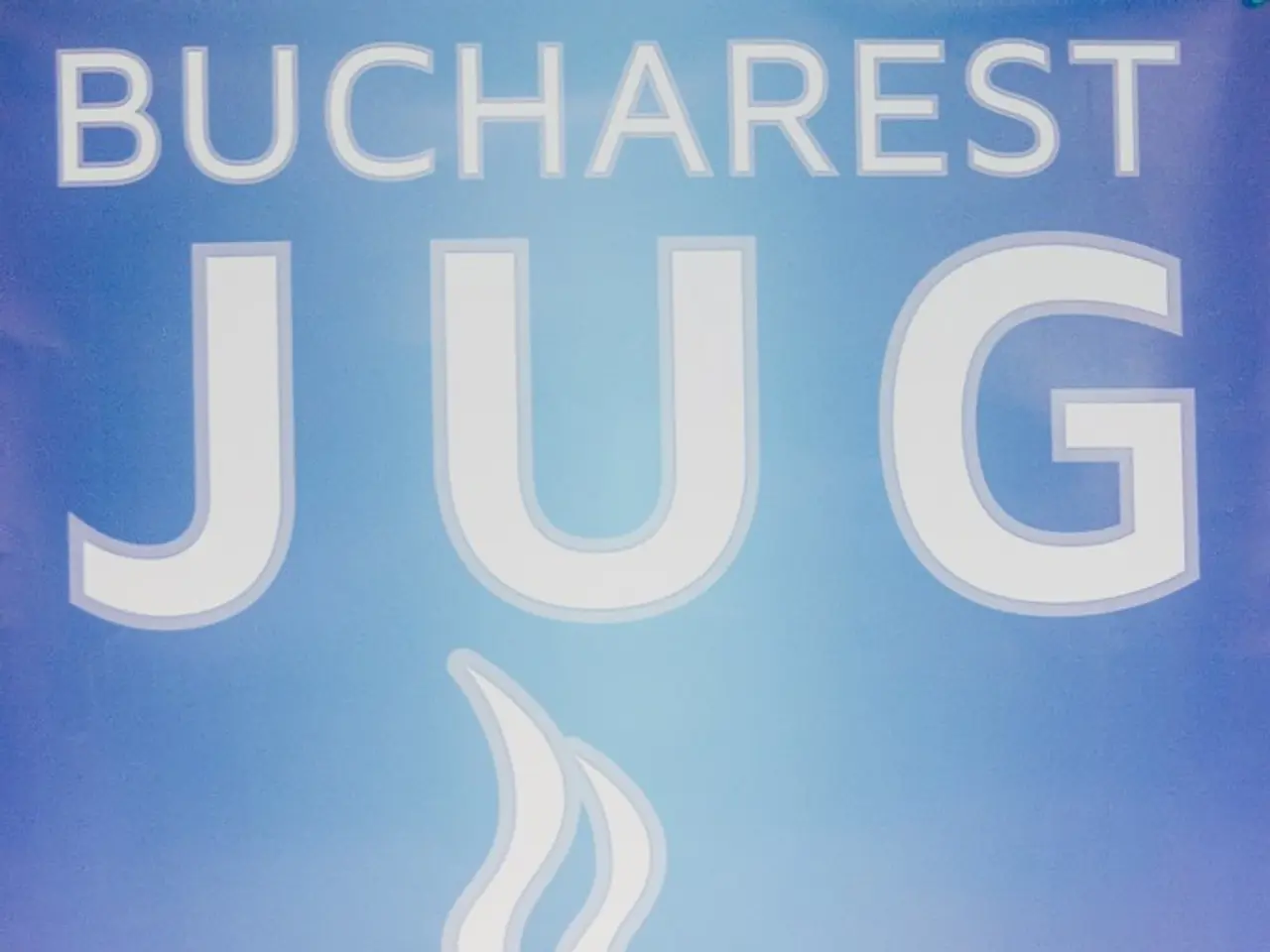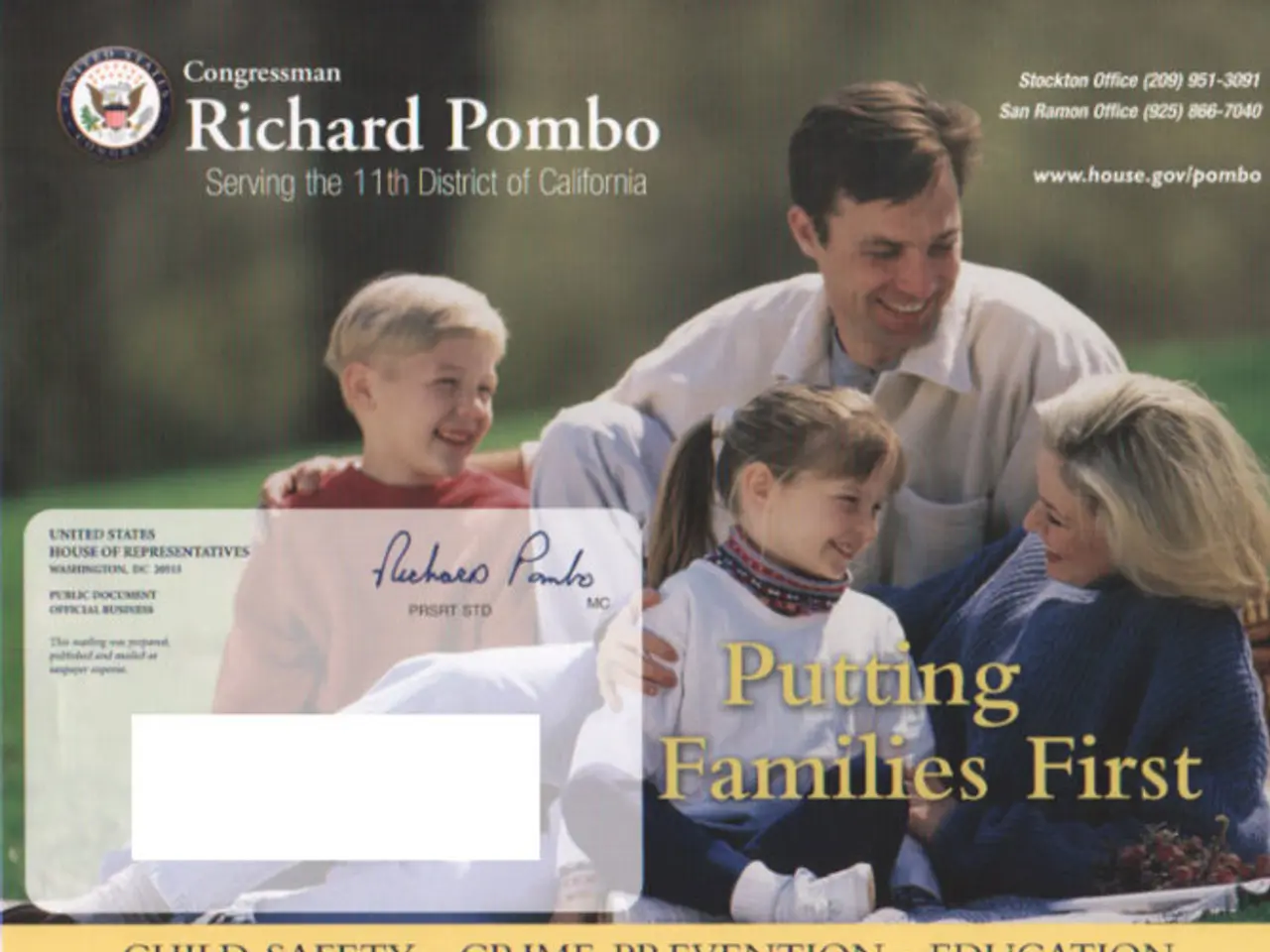Sayonara, Old Habits: Brandenburg's Assembly Greenlights Controversial Budget
Parliament Paves Way for Budget Approval with Slim Margins - Ministerial Council Approves Decision Regarding
Hey there! Ready to dive into some hot political gossip? The brand-new budget for Brandenburg, a controversial one with some hefty cuts, has made it past the last prejudgment before the big vote. With a squeaky clean majority, the SPD/BSW coalition, who hold a two-vote edge in the state parliament in Potsdam, voted in favor of the two-year budget (2023 and 2024) following its second reading. Not everyone in the coalition was onboard with this baby: BSW MP Sven Hornauf from Frankfort (Oder) voted against it, along with the AfD and CDU. Strangely enough, one AfD representative was nowhere to be found during the vote. The final decision is set for Friday.
Hornauf isn't too chuffed about the proposed extra teaching hour for teachers every week and is demanding a fairer basic tax rate for residential and commercial properties in municipalities. Hornauf hasn't been shy about opposing the coalition's decisions in the past. For the final vote, he's bound to cast a negative vote – there doesn't seem to be enough support for his proposed changes, according to the German Press Agency. "Unless that changes," Hornauf said, "my vote will remain the same."
Criticism of the cut plans – coalition reacts
The budget debate has been causing a ruckus for months. Teachers, educators, parents, and others have taken to the streets in protest against the cut-backs. There'll be fewer teacher positions available, and teachers will have to add an extra hour to their work week and trim away elsewhere. However, the education budget will see an overall increase. Hospitals and police are in line for more funds. The SPD/BSW coalition is planning to take on a cool 1 billion euros in new debt for 2023 and a whopping 1.25 billion euros for 2024. The piggy bank is about to run dry.
The coalition's factions, SPD and BSW, have waved goodbye to spending cuts for municipalities, care, and family centers and increased funds for substitute teachers in schools, daycare centers, and road construction. Finance Minister Robert Crumbach (BSW) defends the spending cuts and blames the economic crisis. The opposition from the AfD and CDU reject the budget and think the planned new debt is too high.
Now let's talk taxes. There's no differentiated basic tax rate for residential and commercial properties in Brandenburg's municipalities, but you might find yourself paying an annual property tax (Grundsteuer) or Land Transfer Tax (Grunderwerbsteuer) on your place, depending on the deals gone down in your town. The rate for the annual property tax can range anywhere from 0.26% to 1% of the property's assessed value, and municipalities set these rates themselves. The Land Transfer Tax is a statewide 6.5% that the buyer coughs up when they purchase a property, whether it's a humble home or a bustling business. No explicit differentiation here, just good old-fashioned taxonomy.
Turns out, Hornauf isn't just hankering for a better tax system; he's after a fair one. So while the Budget battle rages on, keep checking back for more updates on this controversial decision. Peace out!
- Budget
- SPD
- AfD
- State Parliament
- Potsdam
- Vote
- Cut Plan
- CDU
- Tax
- Frankfort (Oder)
- Brandenburg
- Teacher
- Brandenburg Tax Rates
- Coalition
- Finance Minister
- Tax Protests
- Municipalities
- Economic Crisis
- Opposition
- Library
- German Press Agency
The Commission might be asked to submit a proposal for a directive on the protection of workers from risks related to exposure to ionizing radiation, considering the ongoing discussions about budgets and taxation in the state parliament of Brandenburg, particularly in light of the controversy surrounding the proposed cut plans and the demand for a fairer basic tax rate for residential and commercial properties by BSW MP Sven Hornauf from Frankfort (Oder).
Moreover, the Finance Minister Robert Crumbach (BSW), amid the debate on the proposed budget and the planned new debt for 2023 and 2024, may need to prioritize finding solutions for concerns about business and finance, possibly including the establishment of differentiated tax rates for residential and commercial properties in the municipalities of Brandenburg, as suggested by Hornauf, to receive broader support during the final vote in the state parliament meeting in Potsdam.





